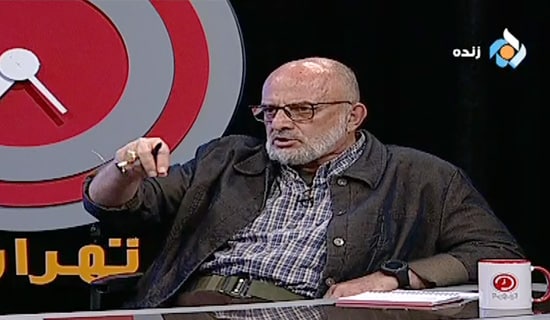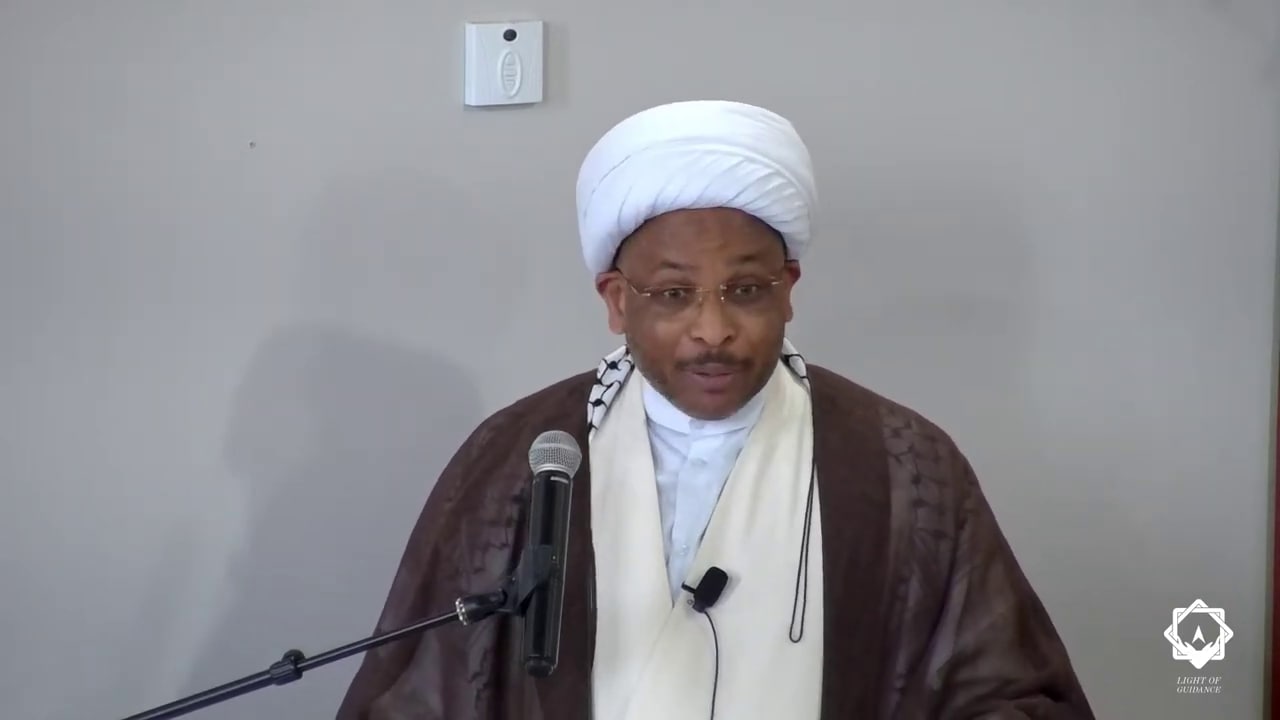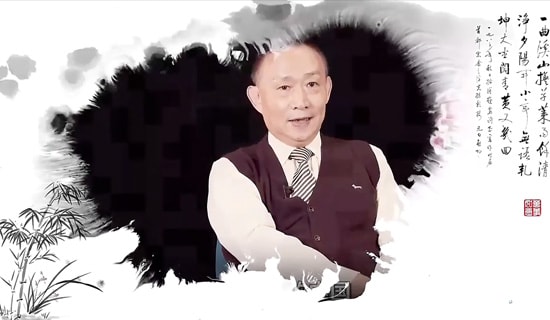
Syrian President Bashar Al-Assad was interviewed on Syria TV on October 31, 2019. He said that the extremist Wahhabi doctrine represented by Abu Bakr Al-Baghdadi and ISIS will continue to exist even after ISIS is gone and that Al-Baghdadi had been released from American prisons in Syria in order to lead ISIS. Questioning whether Al-Baghdadi was really killed by the Americans, President Al-Assad suggested that he may have already been dead or that he may have been kidnapped, hidden, or had his appearance surgically altered. He said that the American operation to kill Al-Baghdadi was a trick and that American politics rely on imagination and resemble Hollywood. Later in the interview, President Al-Assad said that Turkish President Recep Tayyip Erdoğan is Syria’s enemy and that U.S President Donald Trump is the best president America has ever had because he is transparent about American policy and America’s interest in Middle Eastern oil. In addition, President Al-Assad said that even though Turkey is occupying parts of Syria, negotiating with it would not suggest that Syria could also negotiate with Israel, because Syria does not recognize Israel as a state or the Israelis as a people the way it does Turkey and the Turks. He also said that Syria wants to gradually regain sovereignty in Kurdistan. Furthermore, President Al-Assad said that Israel’s influence is ever present in Syria, that Israel’s involvement in the Syrian civil war is a given even though it is not openly apparent, and that everything that has taken place in Syria has served the interests of Israel through proxies, agents, flunkies, or the United States. The English-subtitled version of the interview was uploaded to the Syrian Presidency’s YouTube channel.
Following are excerpts:
President Bashar Al-Assad: First, Baghdadi represents ISIS, and ISIS represents a type of doctrine, which is the extremist Wahhabi doctrine. This type of thought I more than two centuries old. As long as this thought is alive and has not receded, this means that the death of Baghdadi, or even the death of ISIS as a whole, will have no effect on this extremist thought. Regarding Baghdadi as an individual, it is well-known that he was in American prisons in Iraq, and that they let him out in order to play this role. So, he is someone who could be replaced at any moment. Was he really killed? Was he killed but through a different method, in a very ordinary way? Was he kidnapped? Was he hidden? Or was he removed and given a face lift? God only knows. American politics are no different from Hollywood; it relies on the imagination. Not even science fiction, just mere imagination. So, you can take American politics and see it in Hollywood or else you can bring Hollywood and see it through American politics. I believe the whole thing regarding this operation is a trick. Baghdadi will be recreated under a different name, a different individual, or ISIS in its entirety might be reproduced as needed under a different name but with the same thought and the same purpose. The director of the whole scenario is the same, the Americans.
[…]
We must remember that Erdoğan aimed, from the beginning of the war, to create a problem between the Syrian people and the Turkish people, to make it an enemy, which will happen through a military clash. At the beginning of the war, the Turkish Army supported the Syrian Army and cooperated with us to the greatest possible extent, until Erdoğan’s coup against the Army. Therefore, we must continue in this direction, and ensure that Turkey does not become an enemy state. Erdoğan and his group are enemies, because he leads these policies, but until now most of the political forces in Turkey are against Erdoğan’s policies. So, we must ensure not to turn Turkey into an enemy, and here comes the role of friends – the Russian role and the Iranian role.
[…]
As for Trump, you might ask me a question and I give you an answer that might sound strange. I say that he is the best American President, not because his policies are good, but because he is the most transparent president. All American presidents perpetrate all kinds of political atrocities and all crimes and yet still win the Nobel Prize and project themselves as defenders of human rights and noble and unique American values, or Western values in general. The reality is that they are a group of criminals who represent the interests of American lobbies, such as the large oil and arms companies, and others. Trump talks transparently, saying that what [America] wants is oil. This is the reality of American policy, at least since WWII. [They] want to get rid of such and such a person or [to] offer a service in return for money. This is the reality of American policy. What more do we need [other] than a transparent opponent?
[…]
If you are asking me how would I feel if I, personally, had to shake hands with a person from the Erdoğan group, or someone of similar leanings or who represents his ideology – I would not be honored by such a meeting and I would disgusted. But we have to put our personal feelings aside when there is a national interest at stake. It a meeting would achieve results, I would say that everything done in the national interest should be done. This is the responsibility of the state.
[…]
Interviewer: The sensitive question in this regard is… The Turks are occupiers, so if I am willing, or if I have the chance, or if I believe that I might meet [with] the Turks… The Turks are occupiers, exactly like Israelis, so it would [thus] be possible to meet [with] the Israelis. This is a sensitive issue, but it is being raised.
President Bashar Al-Assad: It was actually raised when we started these meetings. How can we meet occupiers in Afrin or other areas, even if there are not occupiers, they support terrorism – they are enemies in the national sense. The difference between them and Israel is that we do not recognize the legitimacy of its existence as a state. We don’t recognize the existence of the Israeli people. There is no Israeli people except the one that existed for several centuries BC, and now they are a diaspora who came and occupied land and evited its people. [Meanwhile], the Turkish people exist, and they are a neighboring people, and we have a common history, regardless of whether this history is good or bad or in between – that is irrelevant. Turkey exists as a state and it is a neighboring state. The Alexandretta issue is different from the situation in which a people without land replace a land and a people. The comparison is not valid. Even when we negotiated with Israel in the 1990s, we did not recognize it. We negotiated in order to achieve peace. If this was achieved and the rights were returned, we would recognize it. As I said, the comparison is invalid. Turkey will continue to exist and the Turks should remain a brotherly people.
[…]
The only Russian agreement with the Kurds was what we talked about in terms of a Russian role in reaching an agreement with Kurdish groups – we should not say with the Kurds, because this is inaccurate and we cannot talk about one segment… The groups which call themselves SDF with the Syrian Army to be deployed… Of course, the Syrian Army cannot be deployed only to carry out purely security or military acts. The deployment of the Syrian Army is an expression of the presence of the Syrian state, which means the presence of all the services which should be provided by the state. This agreement was concluded, and we reached most regions, but not completely. There are still obstacles. We intervene because we have direct and old relations – [since] before the Turkish incursion – with these groups. Sometimes they respond, in other places they don’t. But certainly, the Syrian Arab Army will reach these areas simultaneously with full public services, which means the return of full state authority. I want to reiterate that this should take place gradually. Second, the situation will not return as before. There are facts on the ground which need to be addressed, and this will take time. There are new facts related to people on the ground which took place when the state was absent. There are armed groups. We do not expect them to hand over their weapons immediately. Our policy should be gradual and rational, and should take the facts into account. But the ultimate goal is to return to the situation as it used to be previously, which is the full control of the state.
[…]
Interviewer: Concerning Israel, some people describe is as the absent present in the events in Syria and the greatest beneficiary of what happened in Syria. Indeed, it is more comfortable now than in any other time before, in comparison with weakening Syria, Hizbullah, and Iran, as analysts say.
President Bashar Al-Assad: It is the always-present. It has never been absent. It might be absent in terms of language, because we fight its proxies, agents, flunkies, or tools in different ways, some military and some political. They are all tools serving Israel directly or through the Americans. Since the battle on the ground is with these forces, it is normal that the terminology describes these forces and not Israel. Israel is in fact a main partner in what is happening, and as an enemy state, that is expected. Will it stand by and watch? No. It will be proactive, and more effective in order to strike at Syria, the Syrian people, the Syrian homeland and everything related to Syria.
Interviewer: Benefiting practically from what happened?
President Bashar Al-Assad: This is self-evident. Even if we do not discuss it, it is one of our national givens in Syria.













